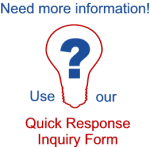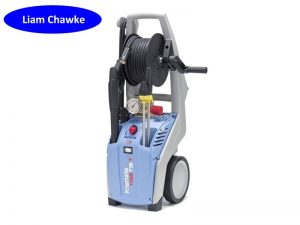We know the water table supplying water to private wells is being polluted by intensive farming, particularly dairy farms, but now we learn that rural septic tanks could also be contributing to the problem.
In a recent report from the Irish Environmental Protection Agency (EPA) the National Inspection Plan for 2019 shows that over a quarter of private waste treatment systems (septic tanks) were a risk to human health or the local environment. But worse, over half (51%) of septic systems inspected failed altogether.
According to the EPA, neglect and lack of maintenance plus a lack of desludging were identified as key problems with domestic wastewater treatment systems or septic tanks in rural communities.
If septic tanks are not regularly emptied or desludged, they can overflow and damage percolation areas or local streams and rivers. Untreated effluent from these overflowing or damaged septic tanks can also seep into the ground and thereby contaminate local wells and underground water tables. A common bacteria in contaminated wells is Ecoli (E.coli).
Ecoli is a faecal bacteria from animal or human waste which, when ingested, lives in the gut and can cause abdominal cramping, a watery diarrhoea that may change to bloody stools, and eventually a fever. In can be fatal in sick people or the elderly.
To protect your family’s health and ensure safe drinking water from a private water well, we recommend installing a water filtration system. For home owners with their own private water well, a Government grant is available to assist with protecting and maintaining private household water wells or installing water filtration, water purification or disinfection systems.
The first step to determine the type of water filter or disinfection (UV system) you need is to test your water supply.
Submit the Contact Form or call us at 069-64318 for more details. To request a water test, just complete the Water Test Request form.






